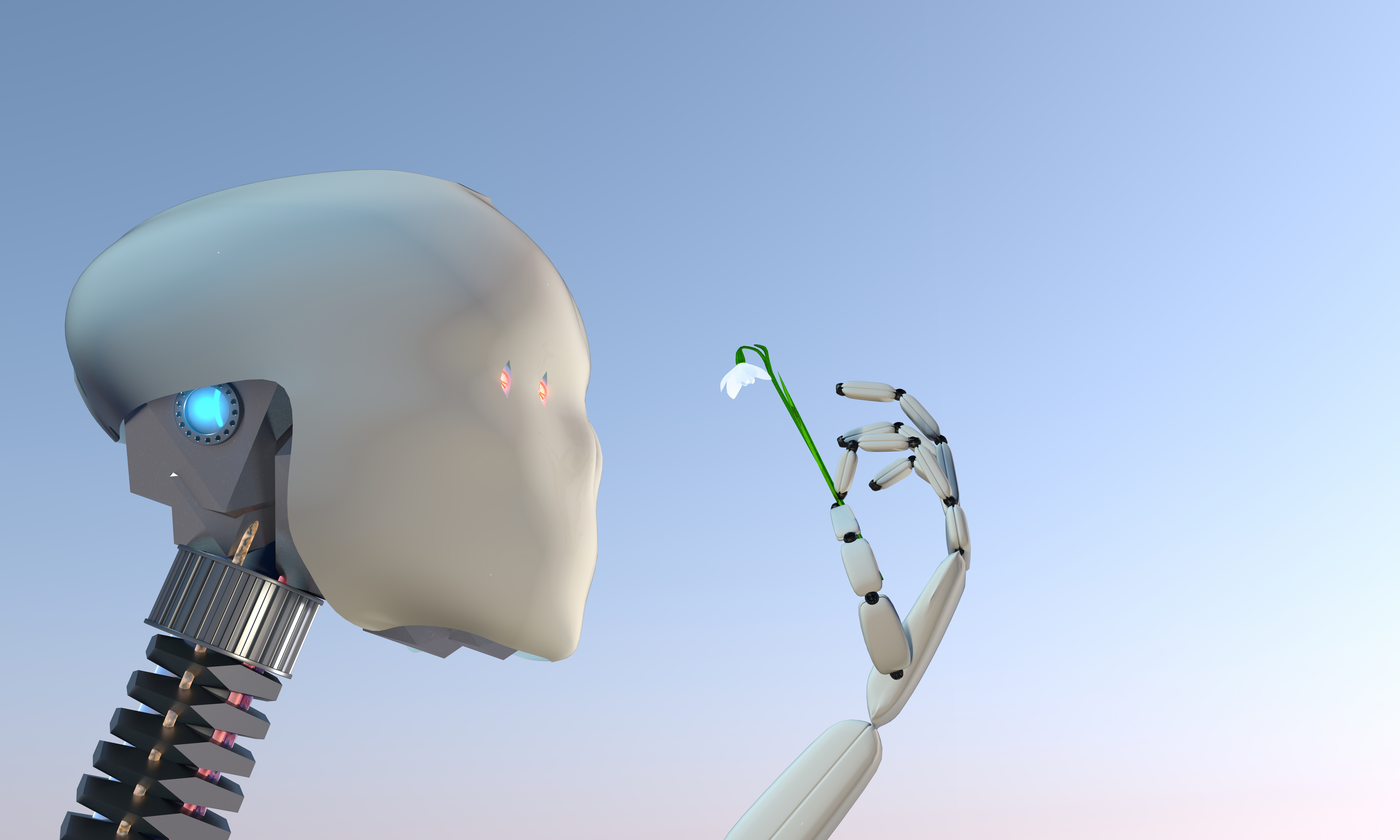London Tech Week 2020 – 6 takeaways
3 events, 10 speakers & 700+ signups from around the world!
Once again Upstream brought together the tech community that works and lives in Hammersmith & Fulham to shine the spotlight on the change makers and innovators using technology to have a positive impact on humanity and the environment.
Big thanks to our social supporters who hail from 28 tech companies based in the borough and of course, to our fab speakers from MediSieve, Zamna, Puraffinity, Salary Finance & Tech London Advocates .
Anticipating gloom, we found instead a story of resilience, growth and hope from all our speakers. Several have found a renewed purpose and timeliness in their work and all were experiencing growth in their business. Indeed, as Russ Shaw pointed out, vacancies in the tech industry stand at 36%. Life isn’t a bed of roses for all in tech; we know from our conversations that some areas like retail tech have been hit hard. But the overall picture in tech is still far more promising than others.
TOP 6 TAKEAWAYS
- Four continents and then Essex: Virtual sessions meant Upstream welcomed guests from across Europe, South Africa, Kazakhstan, India, Singapore, the east and west coast of the USA and closer to home, Essex. A sudden frisson of excitement could be felt over the Wi-Fi as people identified where they were calling in using the chat function.
- Not the Vampire Diaries: We were wowed by our first Tech for Impact speaker George Frodsham, CEO of MediSieve. MediSieve is developing and commercialising “magnetic blood filtration”, a new therapeutic platform to revolutionise the treatment of blood-borne diseases. Vampire Diaries it is not: you will be heartened to know that this method is showing promise as a way of treating malaria, sepsis and now COVID-19. Team MediSieve is in fact using nanotechnology which “enables the selective removal of harmful components known as iL-6 a signalling molecule, which is a driver of an overreaction of our immune response. What’s really powerful about the way we use this tech, is that you can reduce it to a controlled level”. MediSieve has raised £4m+ in previous rounds and now seeking to raise another £5m. Check them out if you’ve deep pockets and want to make a difference in the world.
- Stop innovating and start fixing: This was the firm message from Irra Ariella-Khi, CEO of Zamna and second Tech for Impact speaker. Good data that allows safe travel is no longer a ‘nice-to-have’ for airlines and governments. It is now critical in avoiding a further economic catastrophe as global trade and travel has come almost to a halt. Zamna places “security and privacy at the heart of the data we manage”. Good data in a COVID-19 world is no longer a luxury but a necessity”. Unlike many operating in the aviation sector, Zamna is recruiting and Irra is being supported by the Mayor’s International Business Programme as they seek to export their vital service across the world.
- Nanny troubles: Most of us would have helped a debt-laden nanny and then called it quits. Not Asesh Sarkar who saw the connection between employee finances and productivity and turned it into a successful business that has been recognised as Business in the Community’s Responsible Business of the Year and has 3 million happy customers. The CEO of Salary Finance pithily summed up its mission to solve a social problem where “1 in 2 people have some form of personal debt”. By partnering with Salary Finance, employers are able to offer benefits that help employees become financially healthier and happier. They do this by offering simple savings, access to salary as it is earned, and affordable loans.
- No more Dark Waters: USD671 million is what chemical giant DuPont paid for polluting the water supply of a US town. Imagine what they might have given to get their hands on the technology Michelle Moyo and her colleagues at Puraffinity are working on. The biotech startup is designing and manufacturing novel advanced materials for environmental benefit, such as removing harmful pollutants from water and wastewater. What sets Puraffinity’s technique apart from other cleaning techniques is its ability to produce material which has specific binding sites that are more selective and have a higher capability to capture PFAS.
- Tech will come out of COVID-19 much stronger: So said Russ Shaw, champion of London’s tech ecosystem and founder of Tech London Advocates over a fireside with Upstream’s MD Prema Gurunathan, as he talked about the robustness of the UK tech sector. Brexit, COVID-19, Tik Tok and populism as well as talent and diversity all featured before we moved to a cocktail making session and virtual networking.
Finally, our LTW Drink & Discover fireside and networking raised funds for the great work done by United in Hammersmith & Fulham. If you were not able to give that evening, please consider doing so (100% of funds will go to causes in need in the borough).
FOMO?
To be the first to hear about our events, get immediate access to new podcast episodes, and hear news picked just for you – Join our community!
Join our Mailing List
Follow us on Twitter
Connect with us on LinkedIn
